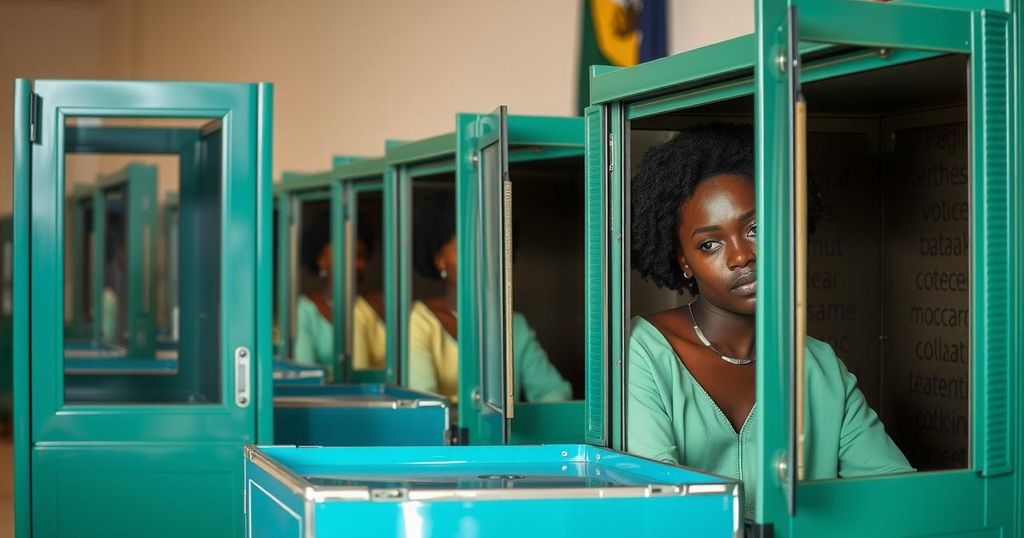Ghana’s Elections Amidst Economic Crisis: A Test of Democratic Resolve
Ghana’s polls opened amidst a severe economic crisis, with 18.7 million voters participating. The elections are seen as a test of democracy in a region facing violence and instability, yet the main candidates lack a robust plan for change.
Polls have officially opened for the presidential and legislative elections in Ghana as of Saturday. This election represents a crucial opportunity for the nation to affirm its democratic processes amidst the backdrop of significant economic turmoil. Approximately 18.7 million citizens are eligible to partake in these elections, yet the prevailing sentiment is one of skepticism, as the leading candidates are perceived to offer limited prospects for substantial reform in governance and economic recovery.
Ghana is facing one of the most severe economic crises it has encountered in a generation, marked by rising inflation, currency devaluation, and widespread hardship for its citizens. With a rich history of democratic governance in a region often plagued by instability, the elections serve as a pivotal moment for reaffirming democratic values. This year’s electoral process occurs against the disturbing backdrop of increasing extremist violence and military coups affecting West Africa, raising concerns about stability and governance in the region.
In summary, the presidential and legislative elections in Ghana are of paramount importance, providing a critical measure of the nation’s commitment to democracy during times of extreme economic distress. While the electorate is eager for change, the candidates’ failure to present transformative policies leaves many citizens unconvinced about the future. Ultimately, the elections will be a determining factor in the country’s ability to navigate both economic and political challenges effectively.
Original Source: www.washingtonpost.com




Post Comment